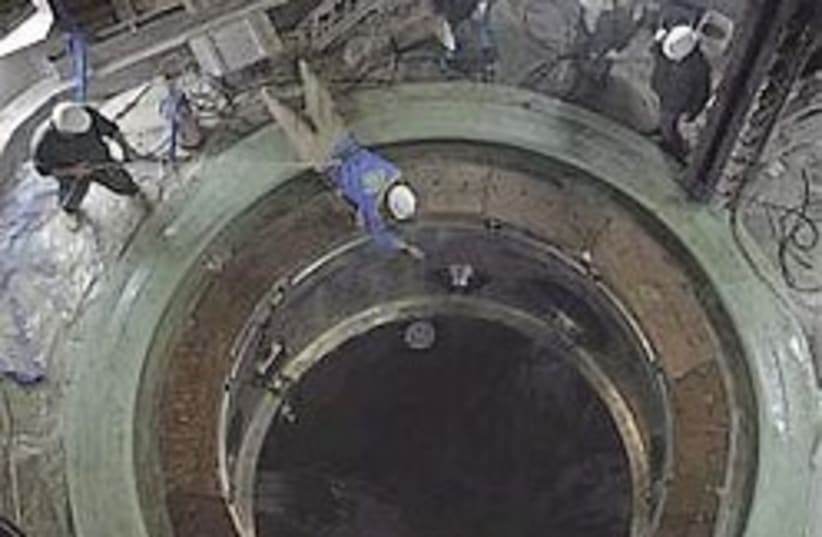| THE IRANIAN THREAT | |
| JPost.com special: news, opinion, blogs and more |
UK experts wary of preemptive Iran hit
Parliament told military strike would accelerate, not stop, nuke program.


| THE IRANIAN THREAT | |
| JPost.com special: news, opinion, blogs and more |